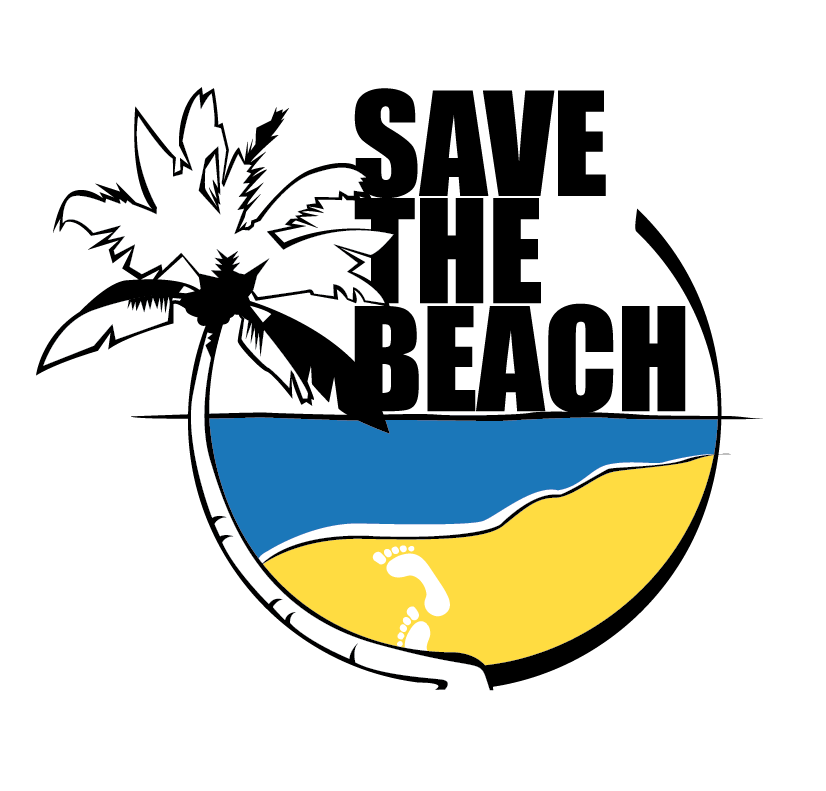Monitoring and Rehabilitation of Villimale’ Reef Project Summary
The restoration of Villimale’ reef started in 2014, with ONE NATION CORAL REVIVAL event funded by UNDP GEF (United Nations Development Programme Global Environment Facility). The aim was to rehabilitate and monitor the coral reefs surrounding Villimale’ Island through community-based activities. We believe that rehabilitating and preserving healthy reefs are essential for the future of the country. Not only do coral reefs provide sand for our islands, but they also protect the shore and the beaches from erosion. In addition, healthy reefs support the fishery and tourism industries. By experimenting and learning, through the years, we have demonstrated the success our community-based restoration project. Today our restoration site covers more than 200m^2!
By sharing our experiences with other organizations, we are improving our work and bringing our results to other islands’ communities.
AREA OF INTERVENTION
Villimale’, being the 5th ward of the capital city (Male’) has an estimated population of 12 – 15,000 people. This Island is also the only option where locals can still experience the beauty of a natural beach around the Greater Male’ area. On weekends most locals come from the Capital City for picnics and barbeques since Male’ does not have natural beaches anymore and the City is overcrowded with tightly packed buildings and too many vehicles. Villimale’ used to have a rich lagoon and a healthy reef with a wide variety of coral species and high coral cover, at that time it was possible to easily spot turtles, rays, and sharks. However, the reclamation of land in the early 2000s destroyed the habitats and the frequency of the sightings dropped drastically. Thanks to the restoration project, the habitat is recovering, with more frequent sightings of baby sharks and rays, and the variety and abundance of corals are significantly improved.
With this project, we are supporting the rehabilitation of our house reef by planting corals with different methodologies and training the community members to regularly monitor and collect data. This information is fundamental to identifying the strengths and weaknesses of our project and it is the only tool for sharing our results. Other studies have been proposed alongside the coral farming project: Reef Check monitoring and water tests. Reef Check is an international protocol to assess the health state of the reefs. It includes monitoring of the fishes, macro-invertebrates, and substrate. The water tests have been led in 2015 and they allowed us to identify the conditions in which our corals are growing. Knowing the optimal conditions for coral growth, this information gives us an idea of the struggle for coral recovery in the area.
This project also has an awareness-raising component where we are informing the public through TV infomercials, social media, and our website. We want to create awareness of the present state, the challenges, and the importance of conserving the natural coral reefs through active and passive coral restoration and inspire more community-based initiatives.



